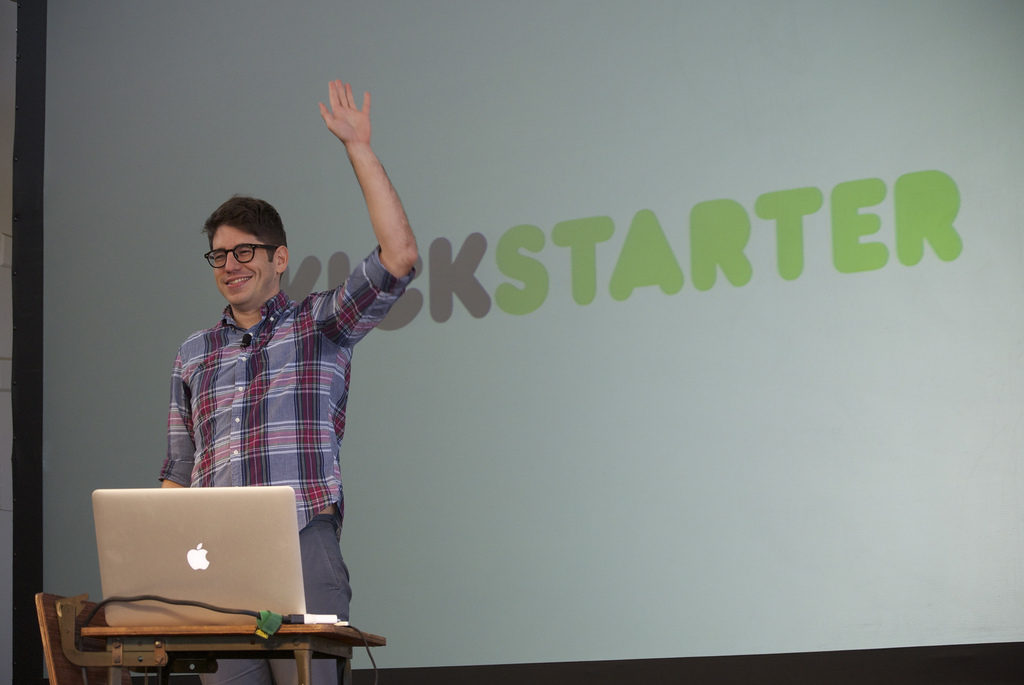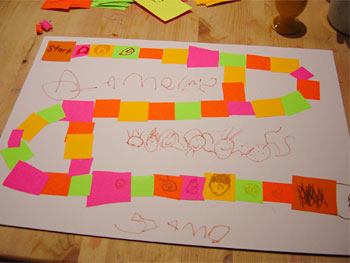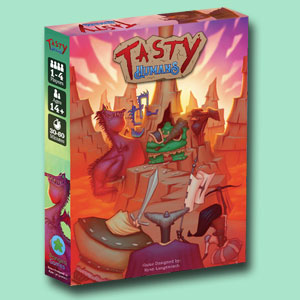Within the board game community, there is no site that has shaken up the industry more than Kickstarter. While BoardGameGeek has been around for almost 17 years and remains the unquestioned mecca of the board game community, nothing has had more influence on board games recently than Kickstarter. Indeed, Kickstarter has radically changed my life as well. Many of you know me through my own game, War Co.

Need help on your board game?
Looking for more resources to help you on your board game design journey?
Skeptical of my claim about Kickstarter being the biggest mover and shaker in the industry? In 2015, almost $200 million was raised on Kickstarter for board games. At the time, the industry was worth about $880 million, with the majority of that being for existing collectible card games like Magic: the Gathering, Yu-Gi-Oh!, and Pokemon. It’s become standard practice for board game designers and publishers to raise capital through Kickstarter – meaning everyone from one-person businesses like me to large and well-established publishing companies are competing on the same field.
Kickstarter has a net positive impact on the board game community. Small ideas are given a chance to shine and a legitimate platform that people understand is for raising money. Large companies get to refine ideas and minimize risk before launching projects. Everyone – the most indie developers, the established companies, the fans, and the investors – get to participate in an open forum. Kickstarter exists to help people refine their ideas.

Yet even with my sunny disposition toward Kickstarter, I’m going to identify two dangers with crowdfunding that we need to watch. They’re already issues and they could ruin the platform if we don’t keep them in check. In my opinion, these two issues are the only things holding crowdfunding back from its ideal world.
Problem 1: Small and inexperienced developers can’t compete with the established companies without extreme effort. This is by no means a defeatist statement. If you’re a first-time game developer and you want to make something beautiful and fund it through Kickstarter, do not throw in the towel. Kickstarter is awesome and I made it work.
If you’re an inexperienced developer, you have to go out of your way to prove your idea is worth backers’ donations. Release a free print-and-play. Make a video play-through. Get as much art as you can. Complete as much as you can before Kickstarter. Leave a little room for backers to provide input. Do your homework. Pay for as much as you can.

Backers, if you see an inexperienced developer, and you’re not sure whether their work is going to be worth your money, your skepticism is warranted. There are incredible choices available to you on Kickstarter. There’s more great choices than you have money for, most likely. Just remember: the community grows when talented individuals “come out of nowhere”. When you invest in someone who is starting out, you’re giving the board game industry room to grow.
Problem 2: Some types of games do better on Kickstarter than others, thus populism and conformity abound. If the pitch is clear and a game resembles something else that already exists, it has a better chance of success. Complex ideas, weird ideas, artsy ideas, “truly indie” ideas are harder to wrap up in a bow and compare to other games that already exist. As a result, they tend to languish in obscurity while a generic game with miniatures succeeds.
If you’re a developer and you made something weird, strengthen your coalition of fans. Play your game with others as much as you can before the campaign. You always need to do this anyway, but it is extra important if your game is hard to describe.
Backers: look under the surface of pitches. Take a chance on something weird every once in a while. Remember that one of the greatest games of all time, Twilight Struggle, takes about five games to understand and fluently play.
Kickstarter has been a godsend for the board game community. It’s led to an exponential growth in awesome ideas. It’s helped us to set incredible standards on game quality because it breaks down the barriers between creators and fans. It is the ultimate tool of iteration. We all need to collectively work to give the indie productions a chance and to take a risk on strange new ideas.
The perfect Kickstarter community is achievable.




